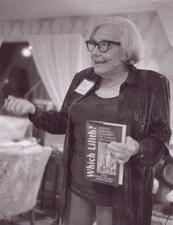Religion: Philosophy
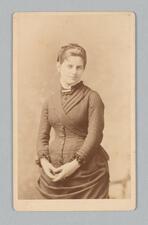
Helen Goldmark Adler
Helen Goldmark Adler is remembered for her philanthropic achievements and her marriage to Felix Adler, philosopher and founder of the Ethical Culture Movement. In turn-of-the-century New York, Adler penned articles, established a free kindergarten for children with working-class parents, and founded an organization focused on the science of child-rearing.

Nima Adlerblum
Nima Adlerblum was a writer, educator, and early Zionist activist in New York, whose life began and ended in Jerusalem. She wrote widely on philosophy, education, Jewish philosophy, and American history, and also founded Hadassah’s national cultural and educational program in addition to serving as its national and cultural chair from 1922 to 1935.
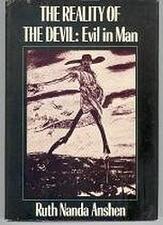
Ruth Nanda Anshen
Ruth Nanda Anshen, twentieth-century philosopher, lecturer, and author, was an “intellectual instigator” for such writers of genius and eminent thinkers as physicist Albert Einstein, scientist Jonas Salk, and others. Anshen created connections between the great thinkers of different fields, offering them opportunities to explain their work to each other and the general public.
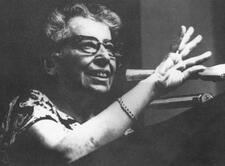
Hannah Arendt
Brilliant and controversial, Hannah Arendt was a German-trained political theorist whose books exerted a major impact on political theory in North America and Europe. The Origins of Totalitarianism (1951) made her an intellectual celebrity in the early years of the Cold War. She was the first woman to become a full professor at Princeton University.
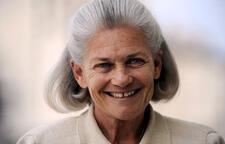
Elisabeth Badinter
Elisabeth Badinter is one of France’s most prominent and controversial philosophers. Among her most important contributions figure her numerous writings about feminism and gender relations, which emphasize the importance of “equality through resemblance,” as well as her historical works on the Enlightenment.
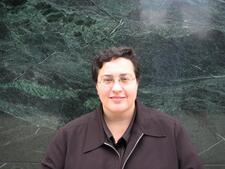
Marla Brettschneider
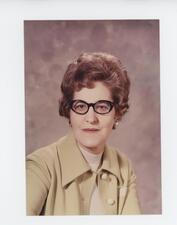
May Brodbeck
May Brodbeck, whose career in the sciences ran the gamut from teaching high school chemistry to exploring fundamental philosophical questions about the nature of human consciousness, was among the foremost American-born philosophers of science.
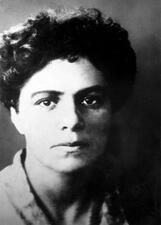
Carry Van Bruggen
Fighting the constraints of her Orthodox upbringing and expectations of her role as a wife and mother, novelist Carry van Bruggen wrote movingly of both the need for freedom and the isolation it could bring.

Hélène Cixous
Jewish-Algerian-French writer Hélène Cixous published her first book in 1967 and approximately her eighty-seventh in February 2021. This “life writing” comprises poetic fiction and autobiography, literary and feminist theory, art criticism, and theatrical works. Cixous explores the myriad contradictions and consequences of loss and exile, of “being Jewish” and “being a woman.”
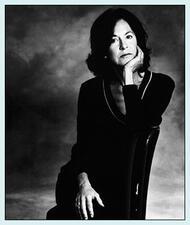
Louise Glück
Louise Glück, American poet, essayist, and educator, was the recipient of the 2020 Nobel Prize in Literature, as well as numerous other awards for her writing; she also served as poet laureate of the United States from 2003 to 2004. One finds the personal, the mythological, and the Biblical woven intricately throughout Glück’s oeuvre.
Käte Hamburger
Käte Hamburger was a German literary scholar and philosopher who developed a philosophical theory of literature.

Haskalah Attitudes Toward Women
Just as the many well-known thinkers of the Enlightenment debated the proper role of women in society, so did the maskilim, the men of intellect who burst upon Ashkenazi Jewish society in the eighteenth- and nineteenth-century revolution known as Haskalah. Dominated by men, the movement critiqued Jewish tradition and encouraged modernity among Jews, but simultaneously met Jewish women’s pursuit of modernity with ambivalence.
Dore Jacobs
Dore Jacobs developed her own pedagogy, which viewed physical education as a holistic project, out of which came her own unique method of gymnastics. In 1923 she founded her School for Physical Education and Rhythmic Development; she was also a founding member of the German socialist organization called the Bund-Gemeinschaft für Sozialistisches Leben.
Margarete Kahn
German mathematician Margarete Kahn worked with fellow Jewish woman Klara Löbenstein and their essential contribution to a famed problem was cited in the publications of several others. Despite earning her doctorate and having a significant impact in her field, Kahn was unable to earn a post-doctoral degree due to discrimination against women, and she worked as a teacher until she was deported by the Nazis.
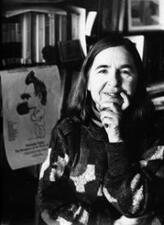
Sarah Kofman
Sarah Kofman was a French Jewish philosopher and professor who published many books on Freud, Nietzsche, Rousseau, and more.
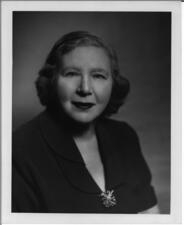
Tehilla Lichtenstein
Tehilla Lichtenstein co-founded the Society of Jewish Science with her husband as an alternative to Christian Science, creating a small but passionate following and carving a place for herself as a congregational leader.
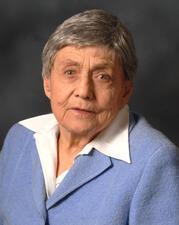
Ruth Barcan Marcus
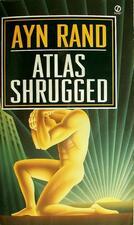
Ayn Rand
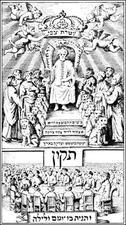
Sabbateanism

Susan Sontag
Susan Sontag was one of the most prominent American writers of the twentieth century. Her work across cultural criticism, fiction, drama, and film, as well as her public persona, made her an icon of the New York intelligentsia whose writing on photography, illness, and art continually inspire engagement and debate.
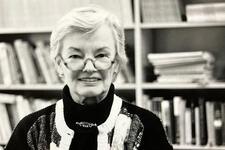
Judith Jarvis Thomson
